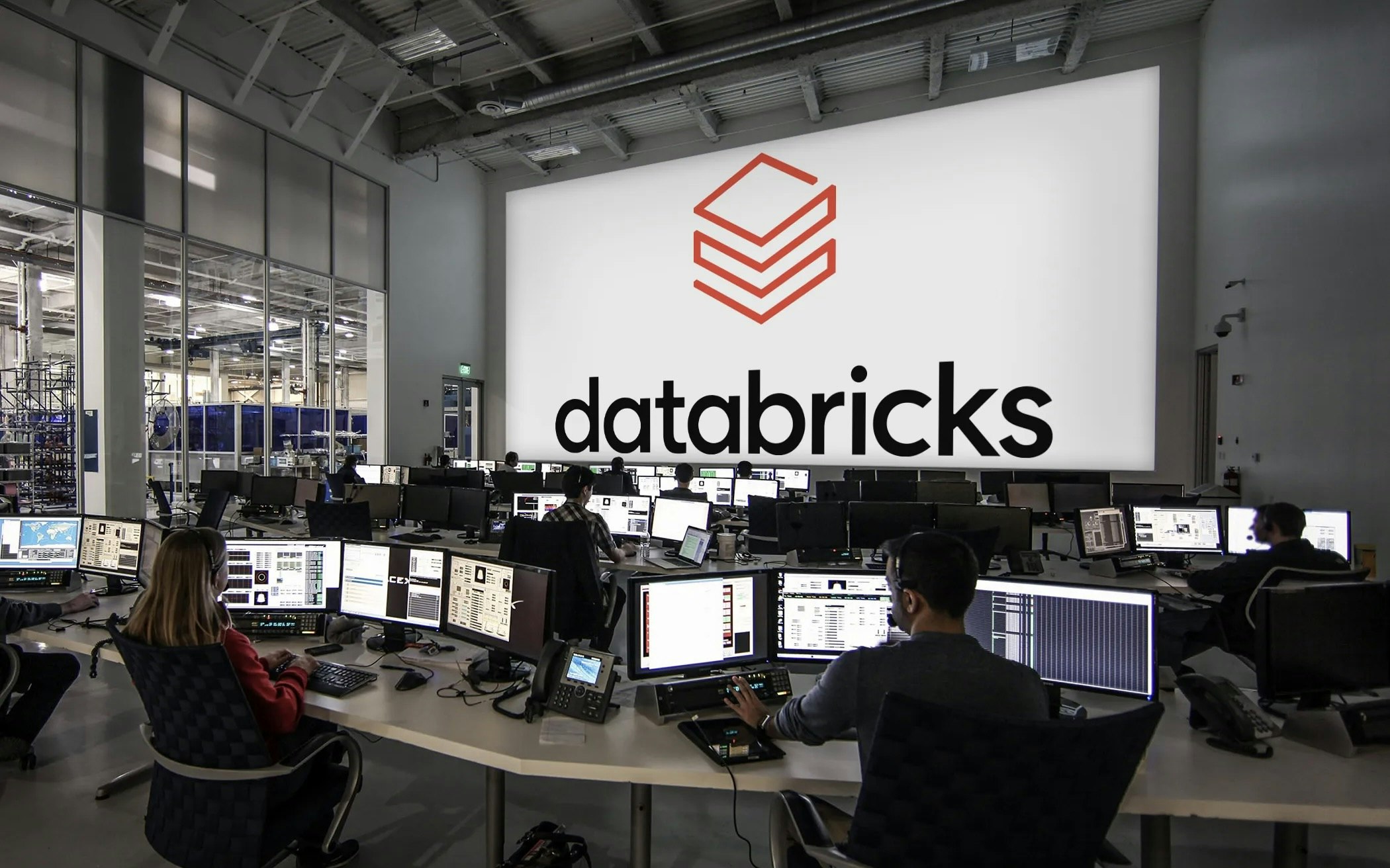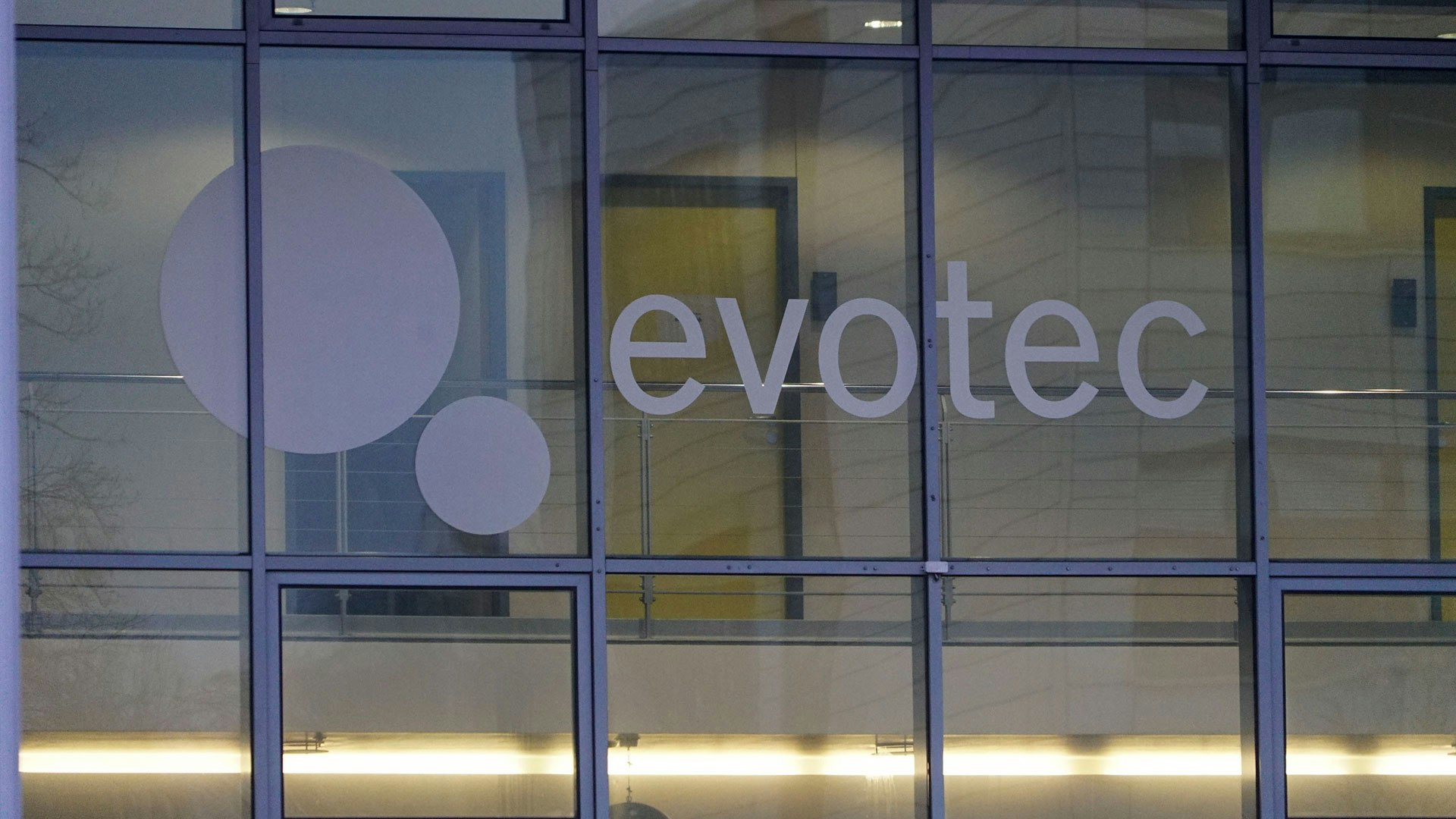"The markets seem pretty switched off," says CEO Ali Ghodsi as the company announces revenue of $1.6 billion for the fiscal year, a 50% increase from the previous period. Databricks, the billion-dollar heavyweight long expected to make its public market debut, is instead choosing a different approach: It opts for the role of a public company by releasing its own business results and waiting for the right moment to go public, says Ali Ghodsi, co-founder and CEO of the company.
The heading in English would be:
"We are definitely ready as a company: the way we operate, the way we conduct our audits, our finances, the CFO, the board's organizational structure," Ghodsi said in an interview. "So we will make a strategic decision when the time comes."
The 11-year-old data company announced on Wednesday that it has generated revenues of over $1.6 billion in its fiscal year ending January 31, representing growth of more than 50% over the previous year. As the fourth-largest, privately-held and venture-backed US company according to PitchBook, Databricks announced in August 2022 that it had surpassed the $1 billion revenue mark.
The San Francisco-based company, which last September boasted a valuation of 43 billion dollars in a round of over 500 million dollars led by T. Rowe Price, has been publishing a wider range of audited financial metrics since last year – a practice required of public companies – and some revenue figures since 2019.
Databricks is already required to report business results to investors such as Fidelity and T. Rowe Price, said Ghodsi, and is expected to have the same obligations to the same institutions once it is traded on the stock exchange. Databricks has raised over $4 billion in total, the company announced. "We've already shared it with those who would be most sensitive to the numbers, so we might as well record it for everyone," said Ghodsi.
Heading translated to English:
"I jokingly remark that Databricks is half public." The data warehouse product from Databricks, made available to the public in December 2021, achieved an annual revenue of 250 million dollars. The product called Databricks SQL helps companies store and collect their data within Databricks' data management platform "Lakehouse." It currently accounts for more than 10% of the company's total revenue, said Ghodsi.
Overall, Databricks Earns Money by Renting Analytics, Artificial Intelligence, and Other Cloud-Based Software Built on AI-Ready Data to Create Enterprise Technology Systems. The Company's Fourth Quarter Represented an "All-Time Record" for Customer Conclusions, as Reported, Mainly Due to the Increased Use of Generative Artificial Intelligence. Last June, Databricks Concluded a $1.3 Billion Deal with the Startup MosaicML, which Helps Companies Create Cost-Effective Language Models with Proprietary Data.
Just like many technology companies, Databricks benefits from the artificial intelligence boom by offering generative AI systems tailored to each company. "Every CEO, every CIO wants to have generative artificial intelligence as part of their strategy," said Ghodsi. "This leads to them being willing to sign larger deals with us." Companies that offer AI infrastructures like data centers and specialized chips such as graphics processors are growing rapidly and are poised for a favorable IPO with high demand from investors, said Piper Sandler analyst Brent Bracelin.
Companies like Scale AI and Databricks, which help with the processing of data for AI, might be next in line to go public, benefiting from the AI boom, added Bracelin. Databricks is still waiting for its public market debut, one of the most eagerly awaited IPOs, and is monitoring the performance of newly public companies as a sign of market readiness, said Ghodsi. 'The markets seem to be quite shut down,' he said.
"Databricks has nothing special that we need to check off to go public." The IPO market in the US has been up and down since 2022, as the Federal Reserve began to raise interest rates. According to KPMG, a total of 107 IPOs came to the market in 2023, up 49% from the flat previous year, with a total value of $19 billion. However, by October, uneven performances of high-profile IPOs like chip designer Arm Holdings and volatility due to the war in the Middle East discouraged new entries.
The Wall Street Hopes That IPOs Will Return This Year. The Overall Situation Is More Stable Than in the Last 15 to 18 Months, but With 2024 Being an Election Year, the IPO Window Is Likely to Stay Closed Until August, Said Conor Moore, Global Head of KPMG Private Enterprise. Companies Likely to Go Public Are Those That Were Ready 18 Months Ago, With Revenues of Over $100 Million to $200 Million, Said Moore.
Startups with Strong Balance Sheets May Not Rush to Utilize The IPO Window This Year, May Wait for Elections, He Added. Currently, Databricks Continues Its Investments in Emerging Companies Like Glean, Which Provides Generative AI-Based Features to Help Businesses Connect and Search Their Internal Data. Databricks Is Investing a Significant Portion of Its Money in These Ventures, Ghodsi Said, Partially as a Way to Strategically Spend Its Remaining Cash. "It Feels Like Having Your Cake and Eating It Too," He Said.






